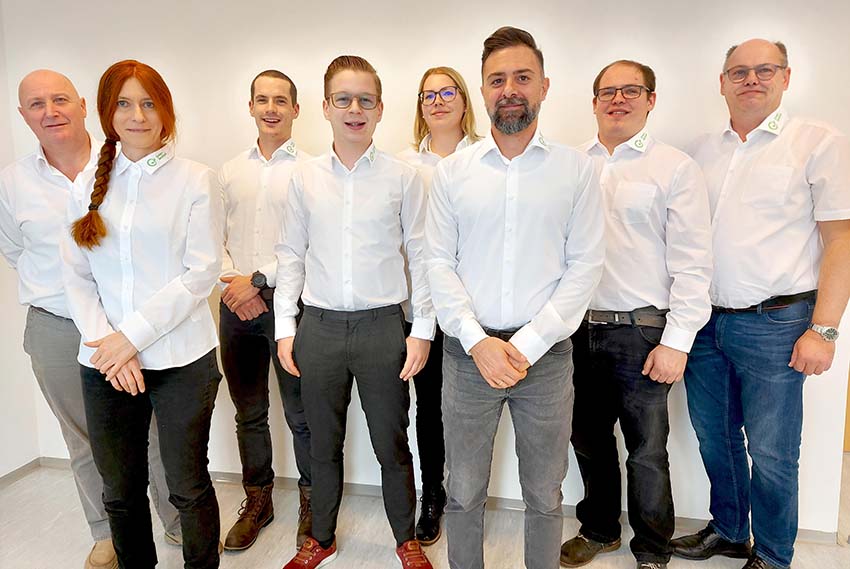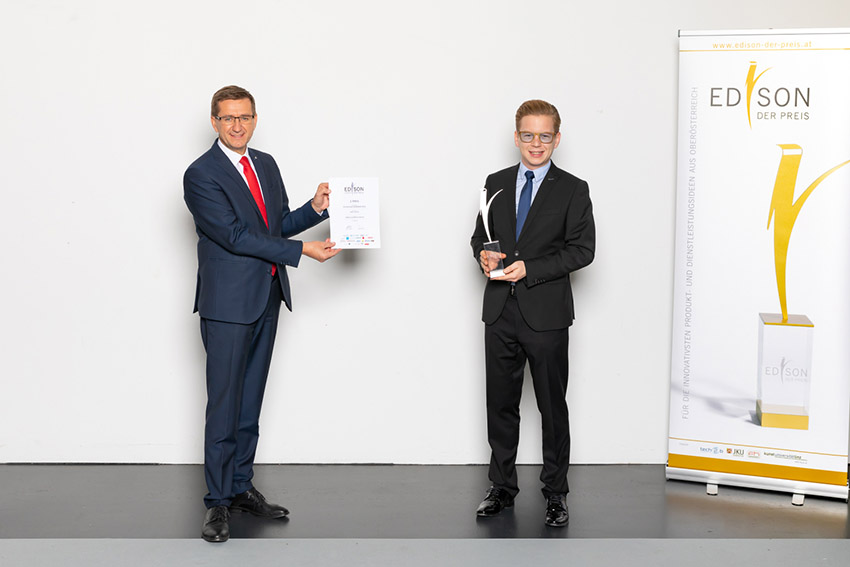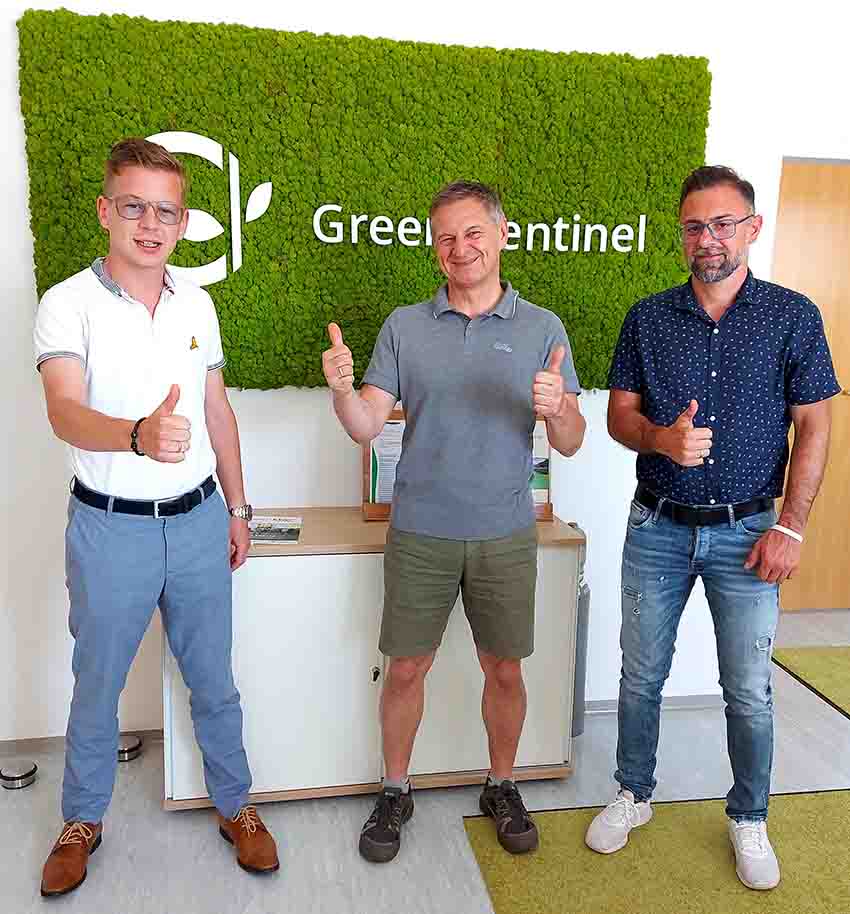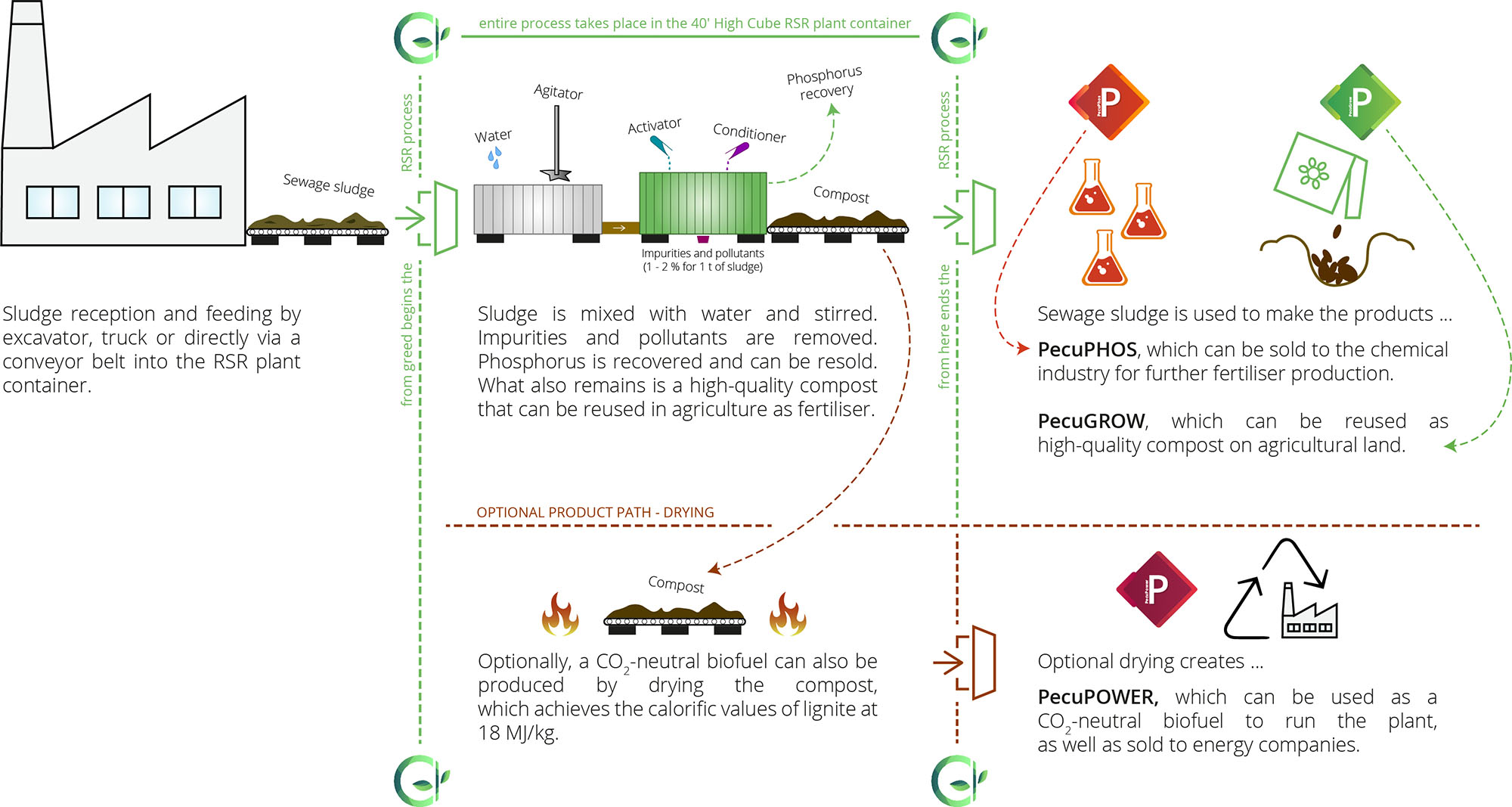The zero-discharge “RSR process” developed by Green Sentinel GmbH recycles the valuable substances contained in the sludge of wastewater treatment plants, such as phosphorus, and allows the recovery of a purified, biological substitute fuel from the organic portion of the sewage sludge. At the same time, the process recovers vital phosphorus from the secondary raw material sewage sludge and reuses it in fertilizer.
Interview with Daniel Scheiböck-Ortner, Owner of Green Sentinel.
Easy Engineering: What are the main areas of activity of the company?
Daniel Scheiböck-Ortner: Our technology is used in municipal and industrial wastewater treatment plants. We research, develop and optimize the processes of the RSR process in order to be able to guarantee the best possible recycling of sewage sludge as fertilizer and CO2-neutral biofuel.
E.E: What’s the news about new products?
D.S.O: In the RSR process, valuable substances are recovered from the sewage sludge by means of a sophisticated washing, dissolving and neutralization process, and products are generated that can be returned to the natural cycle, such as a mineral organic fertilizer or a CO2-neutral biofuel.
No emission, odor and noise nuisances, no more truck transport necessary for the removal of sewage sludge to mono-incineration facilities. The sewage plant operation has economic advantages through the sale of the fertilizers produced (PecuPhos, PecuGrow) as well as the CO2-neutral biofuel produced from the remaining raffinate through drying (PecuPower). Some of this biofuel can be fed back into the plant in the form of energy. The rest, which is not needed for plant operation, can be sold on or fed into the surrounding grid.

E.E: What are the ranges of products?
D.S.O: From sewage sludge analysis and optimized process planning to the erection and commissioning of the mobile and modular RSR plant to maintenance and servicing. In addition, we support the sale of fertilizer and substitute fuel products when an RSR solution is purchased.
The RSR plant can be purchased or operated as an operator model.
E.E: At what stage is the market where you are currently active?
D.S.O: The market is currently in a state of upheaval. In Germany, for example, a report must be submitted by the end of 2023 on how phosphorus is to be recovered from sewage sludge. The currently better-known processes deal with P recovery from sewage sludge ash, which is associated with high costs and operating resources.
A direct comparison with the competition cannot be made, as the RSR process developed is an absolute innovation on the market. Phosphorus is already recovered from the sewage sludge and not first from the sewage sludge ash as is the case with competitors. Furthermore, the use of the RSR process changes the sludge-typical properties and the waste sewage sludge is transformed into saleable products (fertilizer, CO2-neutral biofuel).

E.E: What can you tell us about market trends?
D.S.O: Due to population growth, the increased standard of living and our meat consumption, the demand for phosphate fertilizers increases by an additional 2 % per year. The global demand for phosphorus for use in agriculture as fertilizer is currently over 40 million tons per year.
Studies expect a “phosphorus peak” in the period from 2051 to 2092 – meaning that from that point on, phosphorus consumption will be higher than can be mined and recovered.
Phosphorus-rich countries such as China, Russia and Turkey have recognized the critical situation and stopped their fertilizer exports in the 4th quarter of 2021 in order to be able to guarantee security of supply at home.
E.E: What are the most innovative products marketed?
D.S.O: Products that are used in the sense of the circular economy. For this reason, we are proud to be able to contribute to the environment, economy and society with the RSR process.
Through the regionally produced fertilizer, imports and transport routes can be saved, which results in a significant reduction of CO2 and guarantees independence from the economic fortunes of other countries.

E.E: What estimations do you have for 2022?
D.S.O: Development and design of the RSR system completed. The next step is the construction of the RSR plant.
The implementation of the first RSR plant is in the starting blocks. Planning and trial phase successfully completed. Pre-certification of the fertilizer successfully obtained.

